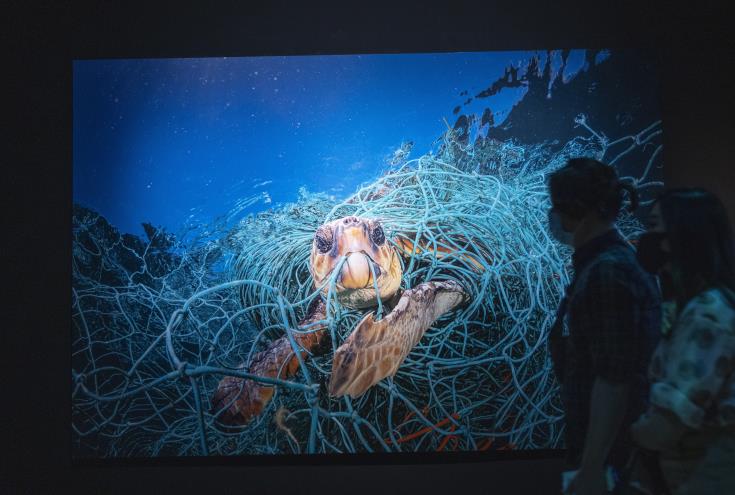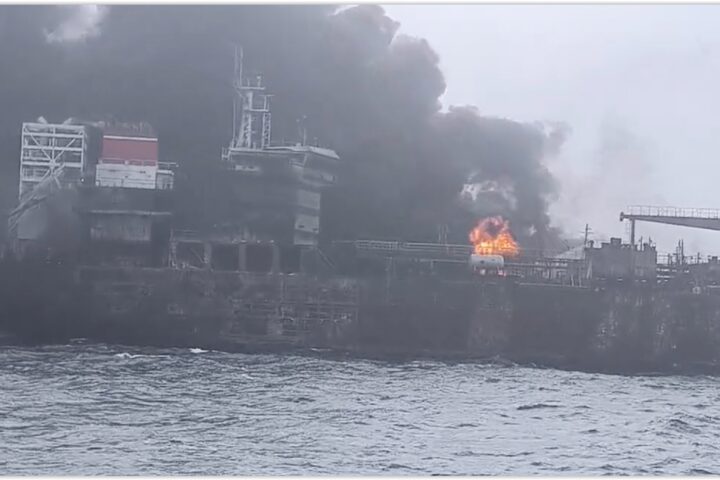More than 200,000 tonnes of plastic waste is leaking into the Mediterranean Sea every year destroying the marine environment, a report by the International Union for Conservation of Nature (IUCN) shows.
According to the report, an estimated 229,000 tonnes of plastic is leaking into the Mediterranean Sea every year, equivalent to over 500 shipping containers each day.
“Unless significant measures are taken to address mismanaged waste, the main source of the leakage, this will at least double by 2040, reaching up to 500,000 tonnes,” said the IUCN’s report.
IUCN’s report, ‘Mare Plasticum: The Mediterranean, developed in partnership with Environmental Action’, estimates plastic fluxes from 33 countries around the Mediterranean basin.
It finds that macro-plastics resulting from the mismanaged waste make up 94% of the total plastic leakage.
Once washed into the sea, plastic mostly settles in the sediments in the form of microplastics (particles smaller than 5mm).
According to the report more than one million tonnes of plastic have accumulated in the Mediterranean Sea.
Plastic pollution can cause long-term damage to terrestrial and marine ecosystems and biodiversity as marine animals can get entangled or swallow plastic waste, eventually dying from starvation.
Furthermore, plastic waste releases chemical substances such as softeners or fire retardants into the environment, which can be harmful to both ecosystems and human health, especially in a semi-closed sea such as the Mediterranean.
Egypt (around 74,000 tonnes/year), Italy (34,000 tonnes/year) and Turkey (24,000 tonnes/year) are the countries with the highest plastic leakage rates into the Mediterranean, mainly due to high quantities of mismanaged waste and large coastal populations.
However, per capita, Montenegro with 8kg/year/person, Albania, Bosnia and Herzegovina and North Macedonia, each contributing an estimated 3kg/year/person, have the highest levels of leakage.
Microplastic flow into the Mediterranean is estimated at 13,000 tonnes/year. Tyre dust is the largest source of leakage (53%), followed by textiles (33%), microbeads in cosmetics (12%), and production pellets (2%).
“Governments, private sector, research institutions and other industries and consumers need to work collaboratively to redesign processes and supply chains, invest in innovation and adopt sustainable consumption patterns and improved waste management practices to close the plastic tap,” said Antonio Troya, Director of the IUCN Centre for Mediterranean Cooperation.
IUCN argues that improving waste management, starting with waste collection, has the greatest potential to reduce plastic leakage over time.
It finds that more than 50,000 tonnes of plastic leakage into the Mediterranean could be avoided each year if waste management were to be improved to global best-practice standards in the top 100 contributing cities alone.







